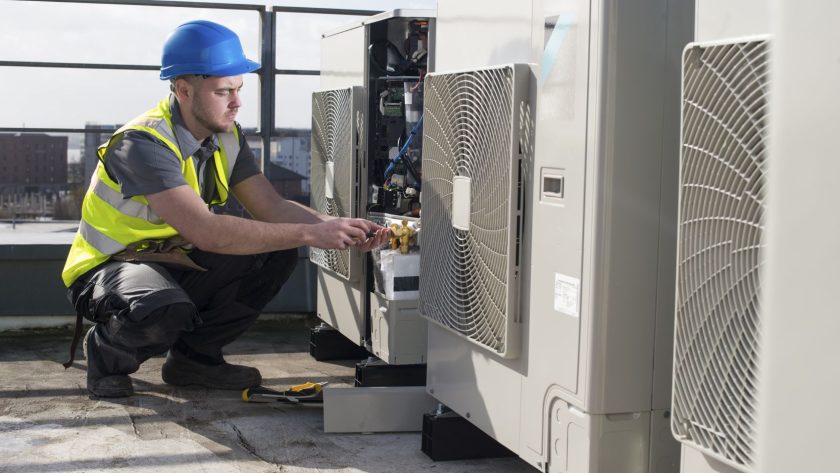Heating, ventilation, and air conditioning (HVAC) systems play a crucial role in maintaining indoor comfort levels in buildings. However, traditional HVAC systems are known for their high energy consumption and negative environmental impact. As the world becomes more conscious of the need to reduce carbon emissions and combat climate change, there is a growing demand for sustainable options in HVAC installation.
One of the key ways to make HVAC systems more sustainable is through energy efficiency. By using energy-efficient equipment and implementing smart control strategies, building owners can significantly reduce their energy consumption and lower their carbon footprint. This not only benefits the environment but also leads to cost savings in the long run.
Another important aspect of sustainability in HVAC Repair installation is the use of renewable energy sources. Solar panels can be integrated into HVAC systems to provide clean and renewable power for heating and cooling purposes. Geothermal heat pumps are another sustainable option that utilizes the constant temperature of the earth to heat or cool buildings efficiently.
In addition to improving energy efficiency and utilizing renewable energy sources, it is also essential to consider the materials used in HVAC installations. Opting for eco-friendly materials such as recycled steel or aluminum can help reduce the environmental impact of HVAC systems. Furthermore, proper insulation and sealing techniques can minimize heat loss or gain, further enhancing overall system efficiency.
When it comes to choosing an HVAC system that aligns with sustainability goals, it is essential to consider factors such as life cycle costs, maintenance requirements, and potential environmental impacts. Investing in high-quality equipment from reputable manufacturers may require a higher upfront cost but can result in long-term savings through reduced energy consumption and fewer repairs.
Moreover, regular maintenance and servicing of HVAC systems are crucial for ensuring optimal performance and longevity. By scheduling routine inspections and addressing any issues promptly, building owners can prevent costly breakdowns while maximizing system efficiency.
As technology continues to advance, new innovations in sustainable HVAC solutions are constantly emerging. From advanced sensors that optimize system performance based on occupancy levels to innovative heat recovery technologies that capture waste heat for reuse, there are numerous options available for those looking to make their HVAC installations more environmentally friendly.
In conclusion, exploring sustainable options in HVAC installation is not only beneficial for reducing carbon emissions but also offers significant advantages in terms of cost savings and overall system performance. By prioritizing energy efficiency, utilizing renewable energy sources, selecting eco-friendly materials, and investing in quality equipment maintenance practices – building owners can create healthier indoor environments while contributing positively towards a greener future.
PlumbTech LLC
(203) 565-6487
https://www.plumbtechllc.com/




